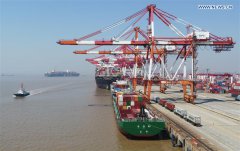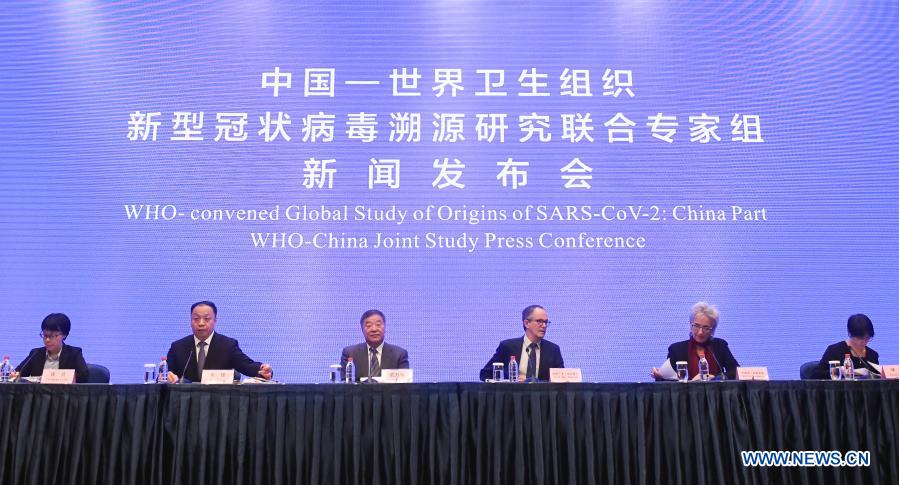China steps up pressure on Alibaba with anti-monopoly probeChina’s market regulator is conducting an anti-monopoly investigation of e-commerce giant Alibaba Group, stepping up the ruling Communist Party’s effort to control fast-growing tech industries
December 24, 2020, 10:47 AM
5 min read
Share to FacebookShare to TwitterEmail this article2:52
NOTIFIED: Dec. 24, 2020
BEIJING -- Chinese regulators on Thursday announced an anti-monopoly investigation of e-commerce giant Alibaba Group, stepping up the ruling Communist Party’s efforts to control fast-growing tech industries.
President Xi Jinping’s government worries about the dominance of competitors such as Alibaba, the world's biggest e-commerce company by sales volume, and Tencent Holding, operator of the popular WeChat messaging service and Asia's most valuable tech company. Regulators appear to be especially concerned about controlling private sector companies that are expanding into online banking at a time when Beijing is trying to reduce financial risks.
The ruling party says anti-monopoly enforcement, especially in tech industries, will be a priority next year. Since early November, regulators have tightened the reins by suspending the stock market debut of an online finance platform affiliated with Alibaba and summoned industry executives to warn them against trying to suppress competition.
“The era of free growth and ultra-high growth is really over," said Francis Lun, CEO of Geo Securities Ltd. in Hong Kong. “The government will decide what you can do."
Thursday's announcement said the State Administration of Market Regulation is looking into Alibaba’s policy of “choose one of two,” which requires business partners to avoid dealing with its competitors. The one-sentence statement gave no details of possible penalties or a timeline to announce a result.
Proposed rules issued in November would ban exclusive contracts, subsidies and other tactics regulators say hurt competition.
“Reports of platform monopoly problems are increasing by the day,” the ruling party newspaper People's Daily said in a commentary about the Alibaba probe. “Anti-monopoly has become an urgent issue.”
Internet companies in the United States face similar scrutiny. Legislators and regulators are looking at whether Facebook, Google and other companies improperly hamper competition in advertising and other areas.
Alibaba, set up in 1999, operates retail, business-to-business and consumer-to-consumer platforms. It has expanded at a breakneck pace into financial services, film production and other fields.
Alibaba’s founder, Jack Ma, is China’s richest entrepreneur and one of its most prominent businesspeople worldwide with a net worth of $59 billion. He is widely admired and a ruling party member but has run into regulatory hurdles.
In November, regulators jolted the Chinese business world by suspending the stock market debut of Ant Group, a former Alibaba subsidiary that is the world’s biggest online finance platform. It would have been the top global initial public offering this year.
Economists said regulators worried about financial risks, but businesspeople suggested Chinese leaders might have focused on Ant because Ma complained at a business conference in October that regulators failed to keep up with industry development and were blocking opportunities.
Alibaba’s CEO later praised regulators in a speech in a possible effort to repair relations.
Ma stepped down as Alibaba chairman in 2019 but still is one of its biggest shareholders and was a leader in taking Ant to market.
Also Thursday, the market regulator announced Ant executives had been summoned to meet with regulators but gave no indication about the status of its stock offering. Ant said in a separate statement it would “study and strictly comply” with regulatory requirements but gave no details.
Ant offers services ranging from banking to insurance and securities, connecting users to state-owned banks and other institutions.
Ant promotes itself as a tech brand, not a financial institution. The decision to halt its stock offering suggested regulators rejected that and might require Ant to share in lending-related risk and enforce its own controls.









